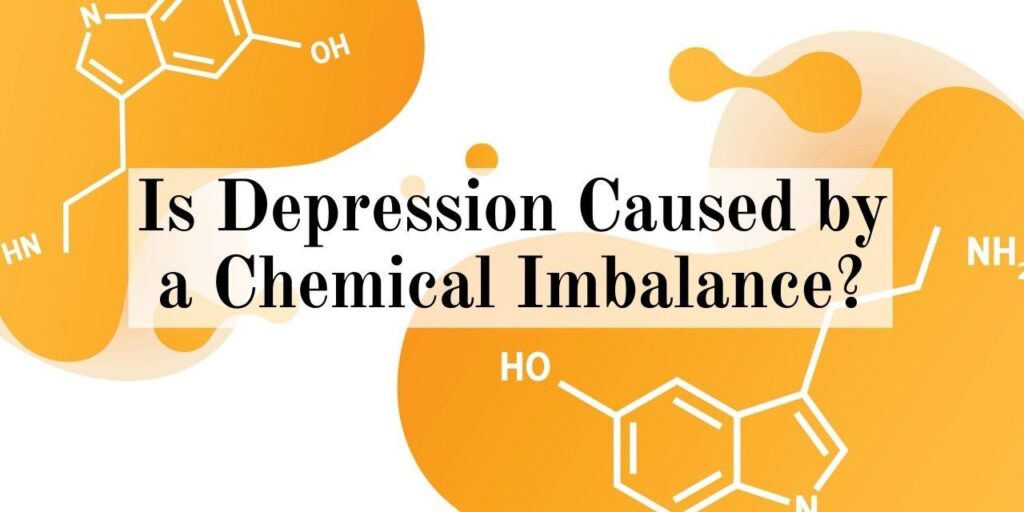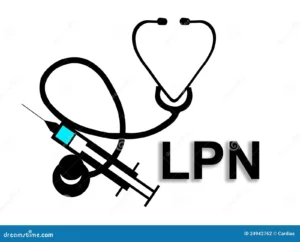
Depression, a pervasive mental health disorder that affects millions worldwide, remains an enigmatic condition. Often described as a fog that engulfs the mind, it can strip away one’s motivation, joy, and even sense of self. While its causes are multifaceted and complex, one prevailing theory suggests that depression may be linked to a chemical imbalance in the brain. This notion has gained significant traction over the years, as researchers strive to unravel the intricate workings of this debilitating condition. In this article, we delve into the depths of depression’s elusive nature and explore what exactly is meant by a chemical imbalance in relation to this perplexing mental illness.
Understanding depression and its causes
Depression is a complex mental health disorder that affects millions of people worldwide. While it is often spoken about in terms of chemical imbalances in the brain, there is much more to the story. It is important to understand that depression does not have a single cause, but rather, it can be the result of a combination of factors.
One common misconception surrounding depression is that it always stems from a chemical imbalance in the brain. While this can certainly play a role, research suggests that other factors such as genetics, life events, and environmental triggers also contribute to its development. In fact, studies have shown that certain genetic variations may increase one’s vulnerability to developing depressive symptoms when exposed to stressful situations. Furthermore, social and cultural factors cannot be overlooked when discussing the causes of depression. We live in a society where constant comparison and pressure are prevalent through social media platforms and societal expectations. The impact of these external pressures on our mental health cannot be underestimated.
What is a chemical imbalance in the brain?
A chemical imbalance in the brain refers to an abnormality or dysregulation in the levels of certain neurotransmitters, which are chemicals that transmit signals between brain cells. Specifically, it is believed that imbalances in neurotransmitters such as serotonin, dopamine, and norepinephrine play a significant role in causing mental health conditions like depression. These chemical messengers regulate various functions throughout the brain and body, including moods, emotions, sleep patterns, and cognition.
It is important to note that while an individual may have a chemical imbalance in their brain associated with depression or other mental health disorders, this does not mean it is solely responsible for their condition. Other factors such as genetics, life experiences, and environmental influences also contribute to the development of these disorders. Furthermore, not everyone with a recognized chemical imbalance will experience mental health issues, highlighting the complex nature of these conditions. Understanding chemical imbalances in the brain can help explain why some individuals respond well to certain medications or therapeutic interventions. Medications known as selective serotonin reuptake inhibitors (SSRIs) work by increasing levels of serotonin in the brain to relieve symptoms of depression.
How does a chemical imbalance contribute to depression?
A chemical imbalance in the brain is often cited as a contributing factor to depression. The neurotransmitters serotonin, dopamine, and norepinephrine play crucial roles in regulating our mood. When there is an imbalance in these chemicals, it can disrupt the intricate communication system within the brain, leading to depressive symptoms. For instance, low levels of serotonin are commonly associated with feelings of sadness and hopelessness, while decreased dopamine may result in a lack of motivation and pleasure.
However, it’s important to note that the relationship between chemical imbalances and depression is not entirely clear-cut. While altered neurotransmitter levels can certainly impact one’s mental well-being, they may not be the sole cause of depressive disorders. Other contributing factors such as genetics, life experiences, and environmental stressors also come into play. Understanding the complex interplay between these various elements is essential for treating depression effectively. Moreover, recent research has shown that there may be more complexity involved in chemical imbalances and their connection to depression than previously thought. Scientists have discovered that inflammation within the brain can also disrupt neurotransmitter function and contribute to depressive symptoms. This offers fresh insight into how various biological mechanisms could be at play when it comes to understanding depression as a whole.
Common misconceptions about depression and chemical imbalances
One common misconception about depression is that it is solely caused by a chemical imbalance in the brain. While it is true that imbalances in neurotransmitters like serotonin and dopamine can contribute to depressive symptoms, it is not the only factor at play. Depression is a complex condition influenced by a combination of genetic, environmental, and psychological factors. This means that simply correcting the chemical imbalance through medication may not always be enough to fully alleviate symptoms.
Another misconception surrounding depression and chemical imbalances is the belief that everyone with depression will have visible changes in their brain function. Research has shown that while some individuals with depression do exhibit altered brain activity, this is not indicative of every case. In fact, studies have found no significant differences between the brains of people with depression and those without when looking at overall structure or functioning. This challenges the idea that everyone with depression has a distinct biological marker or abnormality in their brain.
Treatment options for depression and chemical imbalances
Treatment options for depression and chemical imbalances vary depending on the severity of symptoms and individual needs. Antidepressant medications are commonly prescribed to help regulate brain chemicals such as serotonin, norepinephrine, and dopamine. Selective serotonin reuptake inhibitors (SSRIs) are often the first-line treatment because they are generally well-tolerated with minimal side effects. However, it is important to note that medication may not be suitable or effective for everyone, so alternative treatments should also be explored.
Psychotherapy is another valuable approach in treating depression and chemical imbalances. Cognitive-behavioral therapy (CBT) has been proven effective in identifying negative thought patterns and replacing them with healthier ones. It focuses on teaching individuals coping skills and strategies to manage their emotions effectively. Additionally, interpersonal therapy (IPT), which examines how a person’s relationships impact their mood, can also be beneficial. Lifestyle changes play a crucial role in managing depression as well. Regular exercise has been shown to boost mood by increasing endorphins and reducing stress hormones. Eating a balanced diet rich in whole foods helps nourish the body with essential nutrients that support brain health. Additionally, engaging in calming activities such as yoga or meditation can promote relaxation and reduce anxiety levels.
Conclusion: Understanding the complex nature of depression
In conclusion, it is crucial to understand the complex nature of depression and move away from simplistic explanations such as solely attributing it to a chemical imbalance. While the role of neurotransmitters in regulating mood cannot be dismissed, evidence suggests that there are multiple factors at play in the development and persistence of depression.
One such factor is the impact of environmental stressors and traumatic life events. Individuals who have experienced significant losses or abuse may be more vulnerable to developing depression. This highlights the importance of identifying and addressing these underlying issues through therapy or counseling as part of a comprehensive treatment plan.
Furthermore, social factors also contribute to the picture. Limited social support networks, feelings of isolation, or being marginalized within society can exacerbate depressive symptoms. Understanding these complexities should encourage us to approach depression with compassion and empathy rather than judgment. By acknowledging the multifaceted nature of depression, we can better support individuals experiencing this mental health condition and work toward reducing its impact on individuals and society as a whole. It is essential to continue research efforts in order to deepen our understanding and develop holistic approaches for prevention, early intervention, and effective treatment strategies for those affected by depression







